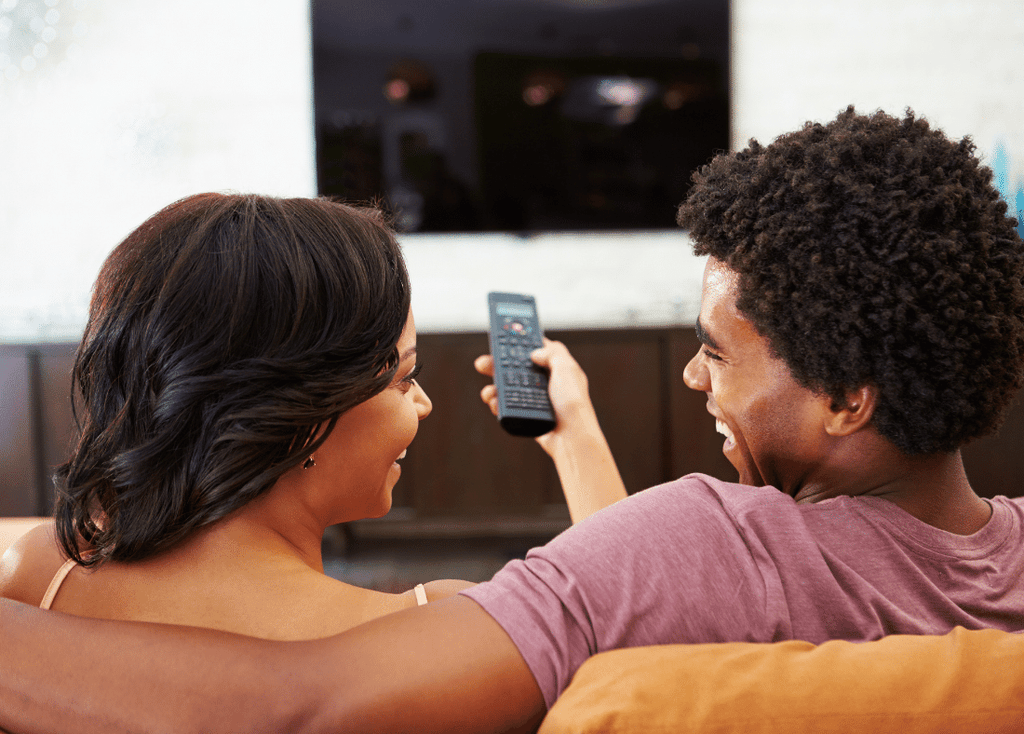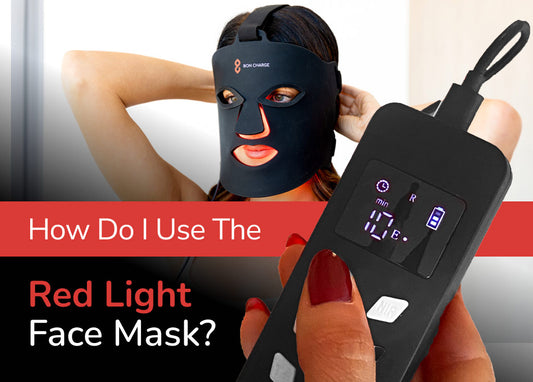You should definitely wear a precision pair of blue light blocking glasses when watching the TV, this includes watching daytime television shows. There is too much high intensity blue light present from television screens so you need to filter it down to protect against digital eyestrain and headaches. Eye care should be top of your wellness routine when it comes to watching television or during screen time.
What Types of Blue Light Glasses to Wear Whilst Watching TV?
In the evening when watching our favourite television programmes we must block 100% of blue light and most green light between 400n nanometers and 550 nanometers.
The foremost way to accomplish this is by wearing a pair of blue light lenses that block 100% of light between 400 nanometers and 550 nanometers. These are usually an amber lens that will allow for better melatonin secretion and improved sleep.

Computer glasses, won’t provide adequate protection whilst watching the television in the evening as they do not block blue light, they filter it down. These are exemplary for when you are using digital devices during the day or suffer from computer vision syndrome.
If you experience photophobia you may benefit from more blue light filtering. Light Sensitivity Glasses help insulate your eyes from digital screens by blocking the most harmful portion of blue light. Exposure to blue light can cause light sensitivity, dry eyes and migraines.
What Will the TV Screen Look Like With Blue Light Glasses On?
In the evening, wearing amber lenses will change certain colours on the television or computer screen. Blue colours will appear black or green and greens will appear a lighter green colour. The remaining colours will stay the same.
Having some colours changed in the evening is well worth it as you will protecting your quality of sleep from the dangers of blue light from your television. Wearing blue light glasses all day is fine as long as you are exposed to artificial blue light.
During the day using clear lens computer glasses won’t change the colours of the television.
My Story with Television and Blue Light
Growing up with a television wasn’t a massive part of my childhood.
Growing up in the 1990’s we were allowed to watch a couple of our favourite shows.
During the day we played outside on our bikes, chasing each other and played different sports. Blue light glasses weren’t readily available back then, yet we slept extremely soundly. most likely because there were not a plethora of digital devices emitting harmful rays of blue laugh coupled with daily sun exposure.
1998
In 1998 I turned 14.
1998 was a special year for me, I got my first phone and also a television in my bedroom.
1998 was also the year my health started to change negatively.
I started spending less time outside, instead opting to spend more time engaging with television and smart phones.
My sleep got worse in 1998, I remember it vividly. It was slow at first, waking up at random times, then struggling to get back to sleep and eventually feeling fatigued.
2006
Freshly graduated from Exeter University I got a job immediately which saw me working in front of a computer screen.
I moved into my first rental apartment later that year and the first two things I purchased were high definition televisions.
The creation of more intense LEDs made using digital devices far more a detriment to eye health and sleep than ever before.
2017
Fed up of getting poor quality sleep I decided to take matters into my own hands and research light and its impact on sleep.
My wife and I invented BON CHARGE blue light blocking glasses to help protect your eyes. These blue light blocking glasses were a game changer and have helped not only my sleep but also improved the sleep of hundreds of thousands of people across the planet.
Summary
Blue light emitted from modern day televisions is brighter than ever. It is this artificial blue light that is disrupting our sleep and circadian rhythms.
Blocking blue light from your TV is the first step in regaining better sleep and maintaining a healthier circadian rhythm.
A lot of people believe blue light is only present in smartphones. This is not true, blue light is everywhere that has an LED component, think car headlights, TV, fridge, router, alarms, street lamps, computers, the list is endless.
When you ask the question, should I wear blue light glasses when watching TV, you should ask yourself can I see the colour blue on this TV screen. If the answer is yes then you need to me wearing blue light glasses when watching tV.
This blue light will disrupt your sleep so wearing blue light glasses when watching TV is essential for improving your sleep.
Further Reading
Can Red Light Help Improve Your Sleep?




